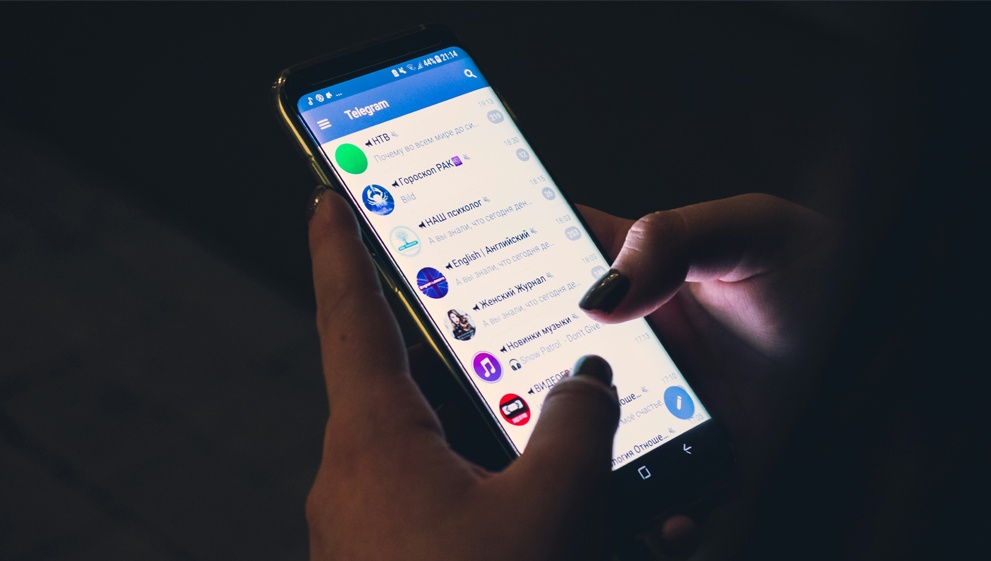Your phone is probably your most personal device. It holds messages, bank apps, photos, and important notes—basically, your life in digital form. So, when it starts behaving oddly, it’s not something to ignore. Strange behaviour on your Android phone could mean it has a virus. Recognising the signs early makes a real difference. In this guide, you’ll understand what to look out for and how to protect your phone without overcomplicating things.
Common Signs Your Android Phone Might Have a Virus
Many people believe phone viruses are rare, but that’s not true. Phones are just as vulnerable as computers, especially those running Android. Often, when something feels “off,” it’s not just your imagination—it could be a virus on phone.
1. Unusual Battery Drain
Has your battery been dying much quicker than usual? Even when you haven’t used the phone much? That could be a hint. Certain apps or hidden programs may be running in the background, constantly using up energy. If your phone is losing power even while idle, it might be more than just an old battery.
2. Unexpected Ads and Pop-ups
You quit one application, and the next moment, you get random advertisements. You are not even on the internet, and weird pop-up displays appear. This is not something to be taken lightly. Other viruses are designed to employ a heavy shove in advertising, and they aim to get you to click on them. In case this does not sound new, it should be explored.
3. Slower Performance
Suddenly, everything takes longer. Apps open slowly. Your screen hangs. Even typing feels delayed. This might not be a result of storage issues or updates. Malware can silently use your phone’s resources, leaving less power for everyday use. If the virus on phone is new and unexplained, a virus check Android could be necessary.
4. Unusual Data Usage
Data plans are not cheap, and not everyone likes it when the internet runs out unexpectedly. It could also be a virus erasing your mobile data unseen without any apparent explanation, i.e. due to no streaming or usages of heavy browsing. Observing your use would turn out to be weird.
5. Unrecognised Apps or Changes in Settings
Take a moment to review the apps you have installed. And is there anything you did not remember downloading? There are cases when the malicious software gets installed and camouflaged. It is possible that it makes some changes to your settings uninvited. This is not a regular phenomenon.
6. Frequent Crashes or Freezes
When you suddenly lose power in your phone or when it just continues to reboot itself, that is not to be ignored. It can either occur randomly or with some apps. In either case this would be an indicator of more serious problems associated with malware or damaged files.
7. Unauthorised Access to Personal Information
Have you received account login alerts from places you’ve never been to? Or maybe someone mentioned getting a message from you that you didn’t send? That kind of activity usually indicates unauthorised access. A virus on phone can transfer your data to outsiders without your knowledge.
8. Strange Text Messages or Calls
If your phone has been sending out texts or making calls without your knowledge, that’s serious. Some forms of malware use your device to connect with unknown numbers or contacts. You might not notice right away—but it could affect your bill or leak personal details.
9. Pop-ups Asking for Permissions or Personal Info
Getting random permission requests when you’re not using any app? That shouldn’t happen. These pop-ups might be fake. If unknown apps start asking for camera access, contact lists, or location info, it’s best not to click “allow.”
10. Rapid Decrease in Storage Space
Are you running out of space but not downloading anything new? You delete a few files, and suddenly, you’re back to being low again. Malware can duplicate files or create hidden folders that quickly fill up your storage. You may never see the junk, but it’s there.
Taking Action Against Potential Viruses
Half the job is done after realising something is wrong. So next, we fix it without further worsening the situation. These are simple measures that require no technical skill.
Disconnect from the Internet
Switch off Wi-Fi and mobile data. This might feel drastic, but it cuts off the virus’s ability to connect with remote servers. It’s a quick way to stop the spread while you figure out what to do next.
Scan Your Phone with Antivirus Software
A thorough scan can reveal what’s going on. Choose a trustworthy virus protection for Android app. Don’t download the first one that pops up. Read a little about it first. A good tool will detect virus on Android phone, remove threats, and continue to monitor for suspicious activity.
Uninstall Suspicious Apps
Go through your app list. If something appears to be incorrect, uninstall it. Some apps won’t have names or icons you recognise. These could be dangerous. Clean out anything you didn’t install yourself or apps that you no longer use but take up a lot of space.
Change Your Passwords
Even if you’re unsure how deep the issue goes, changing your passwords is a smart move. Start with your email and banking apps. It’s the last step to pushing hackers away: You take back control of your accounts before they are being misused.
Perform a Factory Reset (If Necessary)
This option clears everything, so make sure you have saved your contacts, photos, and other files first. Once done, your phone returns to its original state. It’s the most certain way to remove deep-rooted viruses if other fixes don’t work.
How Quick Heal Can Help Detect and Remove Viruses
Having a reliable security app makes a big difference in today’s world. One solid option is Quick Heal Total Security for Android. It’s very apt for the Android users who want to remove a virus from phone and sleep peacefully without feeling the drag on their phone.
- This tool is powered by Deepscan AI, which means it doesn’t just catch known threats—it also adapts and identifies newer ones. It’s filled with features that mean business but are simple to use:
- App Scans: You can either perform a quick check or an exhaustive scan of your apps, folders, and files.
- Wi-Fi Safety Check: Unsure if a network Is secure? This feature alerts you before connecting!
- SafePe for Financial Apps: It protects the apps you use for payments—such as UPI, net banking, or wallet services.
- App Lock: You can add a password to any app—chat apps, gallery, camera—whatever matters to you.
- YouTube Monitoring and Smart Parenting: Helps limit what your kids see or how long they’re on the phone.
- Private Browsing: Stops websites from tracking you or storing your data.
- Smooth Operation: Doesn’t slow down your phone, even when running in the background.
- It even blocks tracking scripts that follow your online behaviour. Whether you’re browsing, shopping, or gaming, Quick Heal works silently to protect your data.
Final Thoughts
Today, a virus on phone is never a rare thing. The viruses creep in silently to do very real harm even while you’re trying to figure out what is really going on. But if you stay alert, catch the indications early, and know what to do, you could potentially save your personal data from any further damage.
If your phone feels a bit sluggish, ads pop up from nowhere, or storage and battery woes appear out of thin air—don’t just wait for it. Check it thoroughly. And if you are looking for a real-time defending partner, Quick Heal Total Security for Android is just one of those easy-going guards.
Frequently Asked Questions
-
How to know if your phone has a virus?
A virus on phone is rare on Android. Scan with a trustworthy antivirus app to check. A factory reset should remove any potential infections.
-
How to remove virus in android phone?
Antivirus apps can detect and remove viruses. For a fresh start, back up your data and perform a factory reset.
-
Can my phone get a virus from a website?
Websites typically won’t directly infect your phone. Stick to reputable sites and don’t click suspicious links to stay safe.
-
Can antivirus apps really remove viruses from my phone?
Antivirus apps can detect and remove viruses. For a fresh start, back up your data and perform a factory reset.
-
Will resetting my phone remove all viruses?
Resetting your phone erases all data and restores it to its factory settings. This will remove any viruses present.



